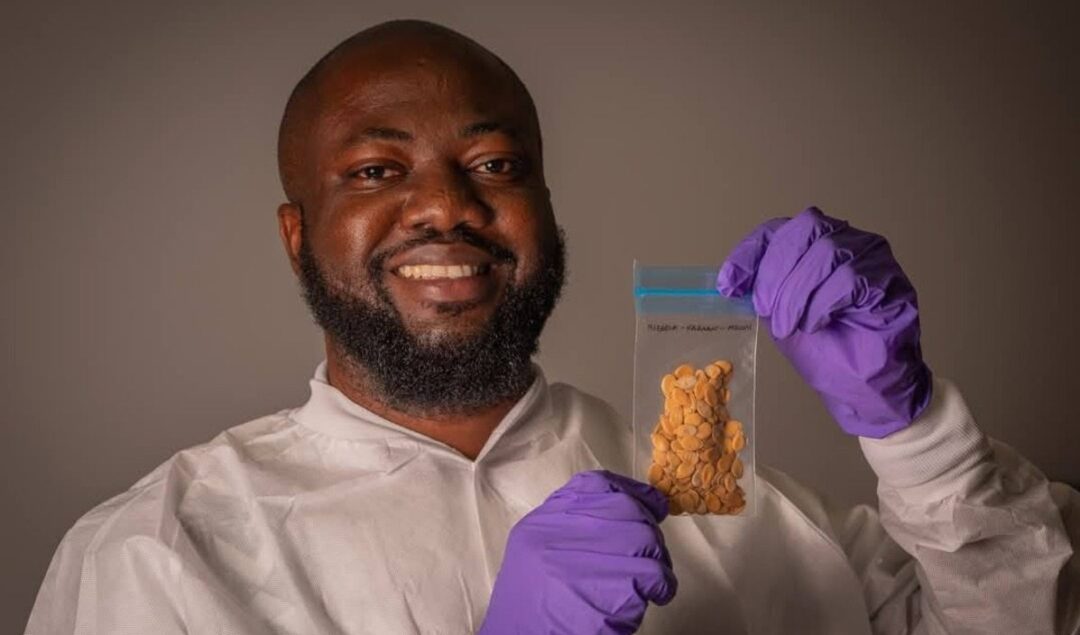Nigeria’s Egusi Seeds Make Historic Journey To Space

The Nigerian melon seed, Egusi, made history by becoming the first West African crop and the first object from Nigeria to reach space. The seeds, which are initially from Oyo State in southwest Nigeria, launched aboard SpaceX Crew-11 as part of a NASA-backed research mission to the International Space Station, according to BBC Africa.
The trip was led by 2021 Forbes Africa 30 Under 30 honoree Dr. Temidayo Oniosun. The project explores how culturally significant crops, such as Egyptian cotton and Pakistani wheat, behave in microgravity.
Taking Egusi to space
The egusi melon seeds sent to space are expected to return to Earth in the next few days, according to the team. The results will help plan to grow food beyond Earth and develop climate-resilient crops.
“Egusi is the most cultural dish in Nigeria – it is eaten by everyone and several regions also often lay to its origin. There’s no better dish that says ‘I am Nigerian’ than Egusi,” Oniosun says. “This is the first time ordinary people can connect directly to what space means and, that means joy.”
First Nigerian in space
In July, Owolabi Salis was one of the six-man crew of Blue Origin’s 13th human spaceflight for the New Shepard program. Salis is a lawyer and politician who has now become the first Nigerian to travel to space. The lawyer who comes from Ikorodu, Lagos, described his journey as a “convergence of science and spirit.”
“This mission is more than just a trip into space, it’s a spiritual journey, a call to inspire future generations,” he said before liftoff. Salis is an attorney, financial consultant, and author of Equitocracy, a political term that advocates for a system of governance that prioritizes equity among diverse groups. He’s dedicated this mission to victims of discrimination and civil rights violations.
Image credit: Jaguar SpaceIvan Castro Guatemala



